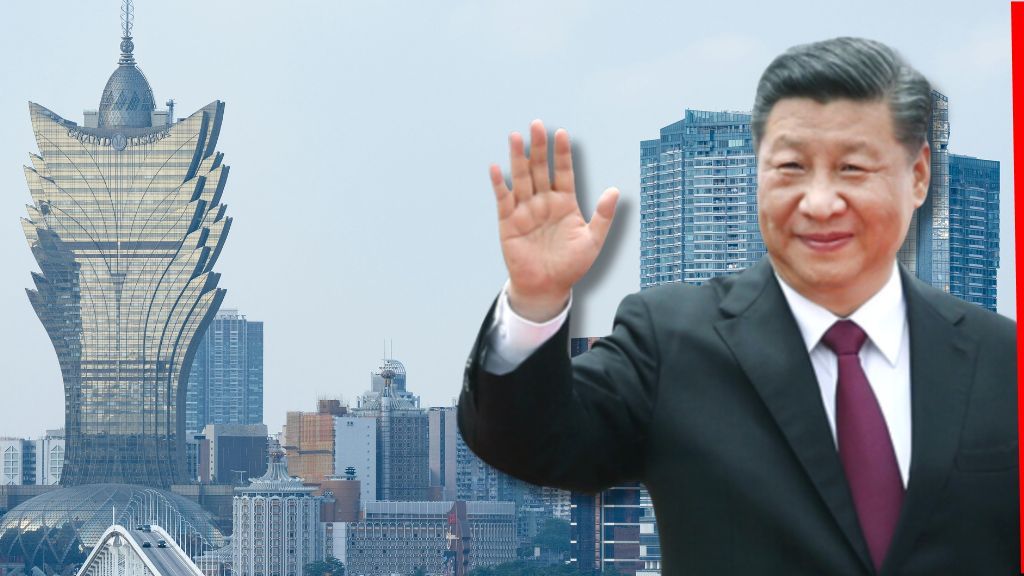
President Xi Jinping marked the 25th anniversary of Macau’s return to Chinese rule with a three-day visit. Macau, a former Portuguese colony, was handed back to China in 1999 under the “one country, two systems” framework, which allows the city to maintain its legal and economic systems.
Macau is known as the only city in China where casino gambling is legal, the city has transformed into the world’s largest gambling hub. According to local media reports, Xi’s visit underscores Beijing’s emphasis on stability and its commitment to Macau’s development, which is heavily tied to its gaming industry.
Since its return to Chinese rule, Macau’s economy has grown, fuelled by its casino industry. Its gross domestic product (GDP) per capita now rivals developed nations, and the city is a global tourism hotspot.
But this growth has brought challenges. Some experts say the reliance on gambling has made Macau vulnerable to economic slumps, such as those experienced during the COVID-19 pandemic and Beijing’s crackdown on high-stakes gambling. Residents have also faced social challenges, such as irregular work hours and the impact of commercialisation on daily life. Despite these issues, Macau’s welfare programmes, funded by gaming taxes, have improved living standards for many.
Beijing has consistently called for Macau to reduce its dependence on gambling. Incoming Chief Executive Sam Hou Fai, who was selected by a Beijing-aligned committee, has prioritised economic diversification.
Plans include expanding industries such as finance, traditional medicine, technology, and exhibitions. Additionally, Macau is set to deepen ties with neighbouring Guangdong province through a special zone on Hengqin Island, intended to house tens of thousands of Macau residents by 2035. This integration aligns with broader efforts to enhance regional collaboration in the Greater Bay Area.
Macau has also mirrored Hong Kong in implementing stricter political controls, particularly following the 2019 protests in the neighbouring city. Tougher national security laws have been introduced, while local media have faced increasing political pressure. These measures reflect Beijing’s broader strategy to ensure loyalty and stability in its special administrative regions.
During his visit, Xi emphasised the importance of Macau’s development and its residents’ well-being. His presence highlighted Beijing’s ongoing support for the city’s transformation. As Macau celebrates this milestone, its leadership faces the challenge of balancing economic progress, social stability, and integration with mainland China.